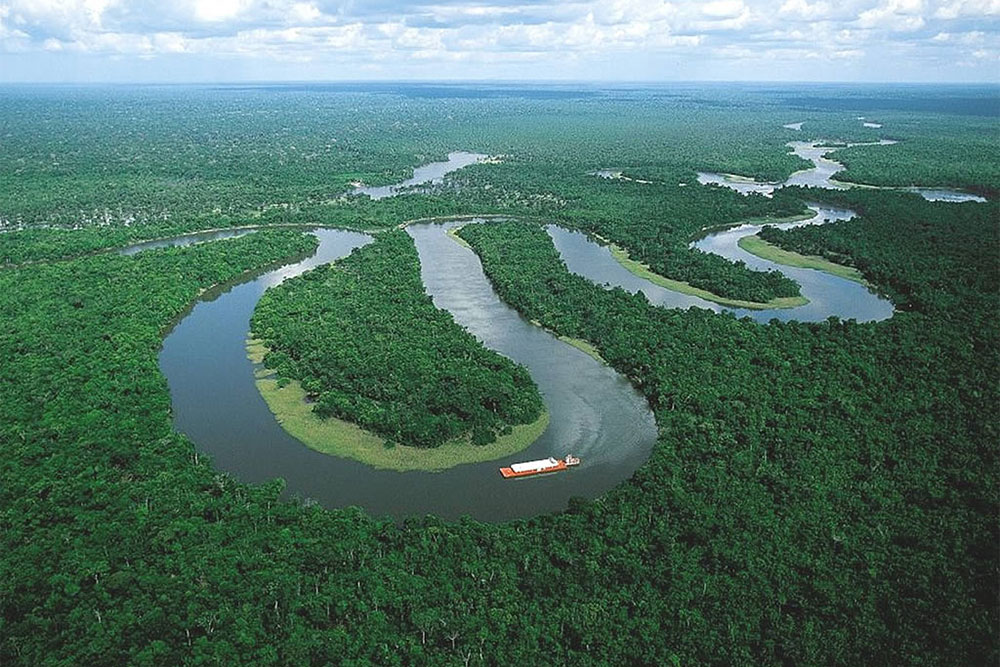Rivers play an important role in the life of the planet, providing water resources, creating natural boundaries and influencing the climate. But among all rivers there are those that stand out for their length and scale. The longest river in the world is not just a geographical object, but a whole history that unites continents, peoples and eras.
Nile: the river that became a legend
The Nile, which flows through 11 African countries, is the longest river in the world. Its length is about 6,650 kilometers. The Nile originates in East Africa, where two main tributaries – the White Nile and the Blue Nile – merge near the capital of Sudan, Khartoum. From this place, the river stretches north, through deserts and valleys, to the Mediterranean Sea, where it flows, forming a large delta.
The Nile is not only the longest river in the world, but also one of the most important in world history. The ancient Egyptians built their civilization along its banks, using the river for irrigation, transport and trade. The majestic pyramids of Giza and other architectural masterpieces of ancient Egypt were created thanks to the fertility that the Nile brought.
Competition with the Amazon: what determines the length of the river?
Despite the generally recognized status of the Nile as the longest river in the world, there is a debate in scientific circles about this title. Some researchers believe that the Amazon River in South America may be longer than the Nile. The Amazon is approximately 6,400 to 7,000 kilometers long, depending on the method of measurement and choice of starting point.
The Amazon, like the Nile, plays an important role in the life of the continent. It is the longest river in South America, flows through nine countries and is a source of vital resources for millions of people and a huge number of animal and plant species. River systems such as the Nile and the Amazon are the subject of research and debate among scientists trying to determine exactly which one deserves the title of longest.
Other longest rivers of the world
In addition to the Nile and the Amazon, the longest rivers in the world include the Yangtze in China, which is about 6,300 kilometers long, and the Mississippi-Missouri in North America, which stretches for 6,275 kilometers. These rivers are important for their continents, providing water supply, transport and irrigation of large areas of land.
Such rivers are key arteries for the economy and ecology, and many of them have their own historical and cultural significance for the peoples living along their banks.
The longest river in the world is not only a geographical phenomenon, but also a cultural and historical symbol. The Nile, which flows through the heart of Africa, continues to be a focus of attention for scientists and travelers, although competition with the Amazon continues. The world’s longest rivers, such as the Yangtze and the Mississippi-Missouri, also play a crucial role in the life of their regions. Regardless of which of the rivers turns out to be the longest in terms of measurements, their importance for people and nature remains undeniable.




